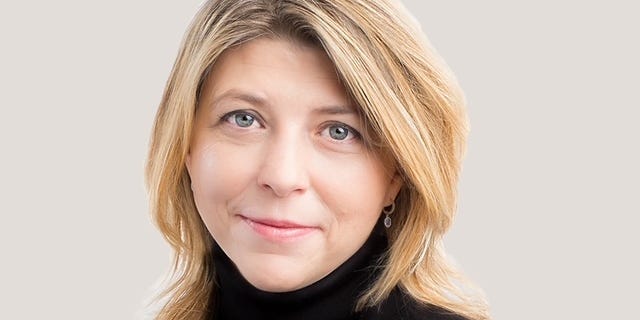- Menopause startup Kindra raised a $4.5 million seed round led by the Female Founders Fund.
- It offers products to help with symptoms from vaginal dryness to hot flashes.
- It’s one of the few startups addressing what investors see as a $600 billion market.
When Catherine Balsam-Schwaber was in her mid-forties, her bones began to ache every night. She said her doctor diagnosed her with fibromyalgia, prescribed her powerful steroids, and then sent her off.
He was wrong.
Balsam-Schwaber was actually suffering from “perimenopause,” a term for when the body begins to enter menopause. Shocked by how “deeply uneducated” she was, Balsam-Schwaber decided to dedicate her career to helping women navigate their menopausal years.
She became CEO of Kindra, a startup that sells products to treat the most common symptoms of menopause. Best-sellers include a lotion that moisturizes vaginal skin and supplements that help with night sweats.
The company, launched in 2019, just closed a $4.5 million seed round led by the Female Founders Fund. Other investors include Primetime Partners, Anne and Susan Wojcicki, and Katie Couric Media.
Kindra has an interesting history as the first brand from Launchpad, a startup incubator from P&G Ventures and venture firm M13. P&G Ventures previously incubated a menopause brand called Pepper & Wits, which Kindra took over. Launchpad companies operate outside the two firm's portfolios, but both P&G and M13 have ownership stakes and board seats.
As a still mostly taboo subject, the menopause market is fraught with untested supplements, unregulated hormone products, and unsubstantiated medical advice.
Balsam-Schwaber said Kindra aims to be different because it essentially got a "running start" from access to years of P&G's research. "We knew before we even opened the doors that the products were incredibly effective," she said.
Enormous, untapped market
About 6,000 U.S. women enter menopause every day and represent a potentially $600 billion, but largely ignored, market, according to the Female Founders Fund.
"Companies haven't put a lot of time, energy and attention into developing effective solutions for women in those areas," Balsam-Schwaber told Insider.
While funding for U.S. female health technology startups reached over $1 billion in 2020, according to Crunchbase, a report by the Female Founders Fund said only 5% of these startups address menopause.
The report also pointed out that femtech funding numbers aren't quite as impressive when compared to the capital pouring into male health startups. For example, Hims, known for selling erectile dysfunction products, raised around $280 million before going public.
With women accounting for less than 13% of VC decision-makers, women's health has historically been an area where founders struggled to land funding. It was long viewed as a "niche" industry by VCs even though women spend about $500 billion on healthcare yearly, according to Pitchbook.
Balsam-Schwaber knew from the start she was going to target female VCs, prioritizing those who had personal experience with women's health issues and truly understood how crucial it was to fund innovation in underserved categories.
But most of all, Balsam-Schwaber wants to help women understand that they don't have to live with brutal menopause symptoms, like unbearable heat flashes or painful sex.
"So many women are trained to think that this is just what it is to get older," she said. "It isn't something that you necessarily have to live with."
